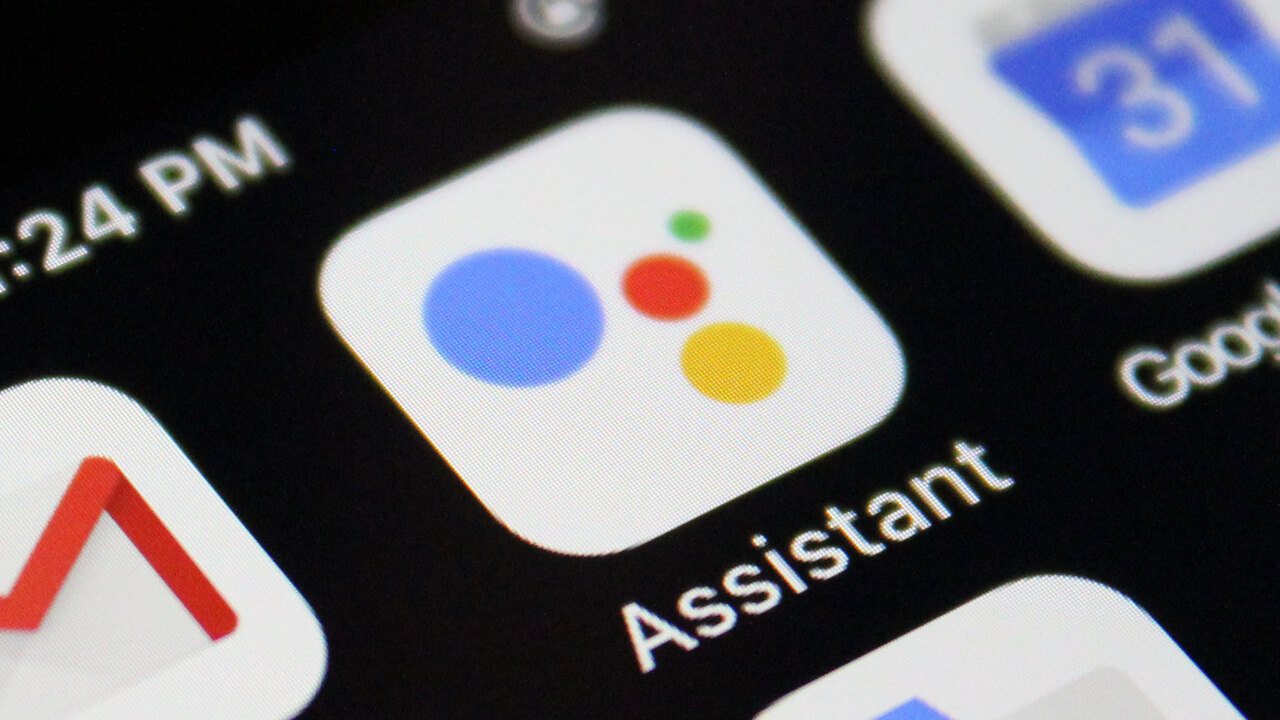Google Bard could be the future of smart speakers
The future of smart speakers isn't commands. It's conversations


Get all the latest news, reviews, deals and buying guides on gorgeous tech, home and active products from the T3 experts
You are now subscribed
Your newsletter sign-up was successful
For all their joys, the best smart speakers are still pretty limited in what they can do – especially if you want to do something more than just tell them to turn a light on or tell you the weather forecast. But the rise of chatbots such as ChatGPT and Google's own Google Bard could transform the way we interact with our digital assistants.
Google Bard is powered by a technology called LaMDA, which is short for Language Model for Dialogue Applications. The result is an app that can hold a conversation, and that can pull information from the web and deliver it to you as if you were having a chat with someone clever.
It's all very clever, and Bard – and other rival systems – could have a huge impact on how we get our information. And I think that's going to be particularly apparent with smart speakers and other smart home tech.
How will large language models improve smart speakers?
If you've experimented with ChatGPT, or with some of the AI image creators out there, you'll already know how human-like the results can be. For example if I ask ChatGPT to explain the risks of AI, it'll produce a pretty good article about it. It won't be as good as one written by a really good writer specialising in AI issues, but it's good enough for everyday queries. And that's the kind of thing smart speakers would be brilliant at.
Bard is based on a very slimmed down version of the full LaMDA platform, but from what I've seen so far it's very impressive. It essentially turns searching the web into a conversation, so instead of a traditional search that brings up a bunch of links you'll get a response that gives you the answer to your query rather than telling you where to find it.
There are all kinds of potential problems with that, of course: garbage in means garbage out, and ChatGPT in particular is very good at sounding convincing while spouting absolute nonsense. And Bard caused Google's share price to plummet when it gave a wrong answer during its big Google demo.
But there is potential here too. I think the best way to describe it is that right now, talking to a smart speaker is a bit like talking to a dog. There are certain commands they recognise and certain things that they can do as a result, so you can tell them to get off the couch or bring you your slippers. But even the best dog, which is of course all dogs, can't hold a conversation with you and tell you things you didn't know. Your smart speaker will be getting that AI ability soon.
Get all the latest news, reviews, deals and buying guides on gorgeous tech, home and active products from the T3 experts
The big question, though, is which kind of AI we're going to end up with: HAL from 2001: A Space Odyssey, or Jarvis from Iron Man? I asked Alexa, but she couldn't answer.

Writer, musician and broadcaster Carrie Marshall has been covering technology since 1998 and is particularly interested in how tech can help us live our best lives. Her CV is a who’s who of magazines, newspapers, websites and radio programmes ranging from T3, Techradar and MacFormat to the BBC, Sunday Post and People’s Friend. Carrie has written more than a dozen books, ghost-wrote two more and co-wrote seven more books and a Radio 2 documentary series; her memoir, Carrie Kills A Man, was shortlisted for the British Book Awards. When she’s not scribbling, Carrie is the singer in Glaswegian rock band Unquiet Mind (unquietmindmusic).